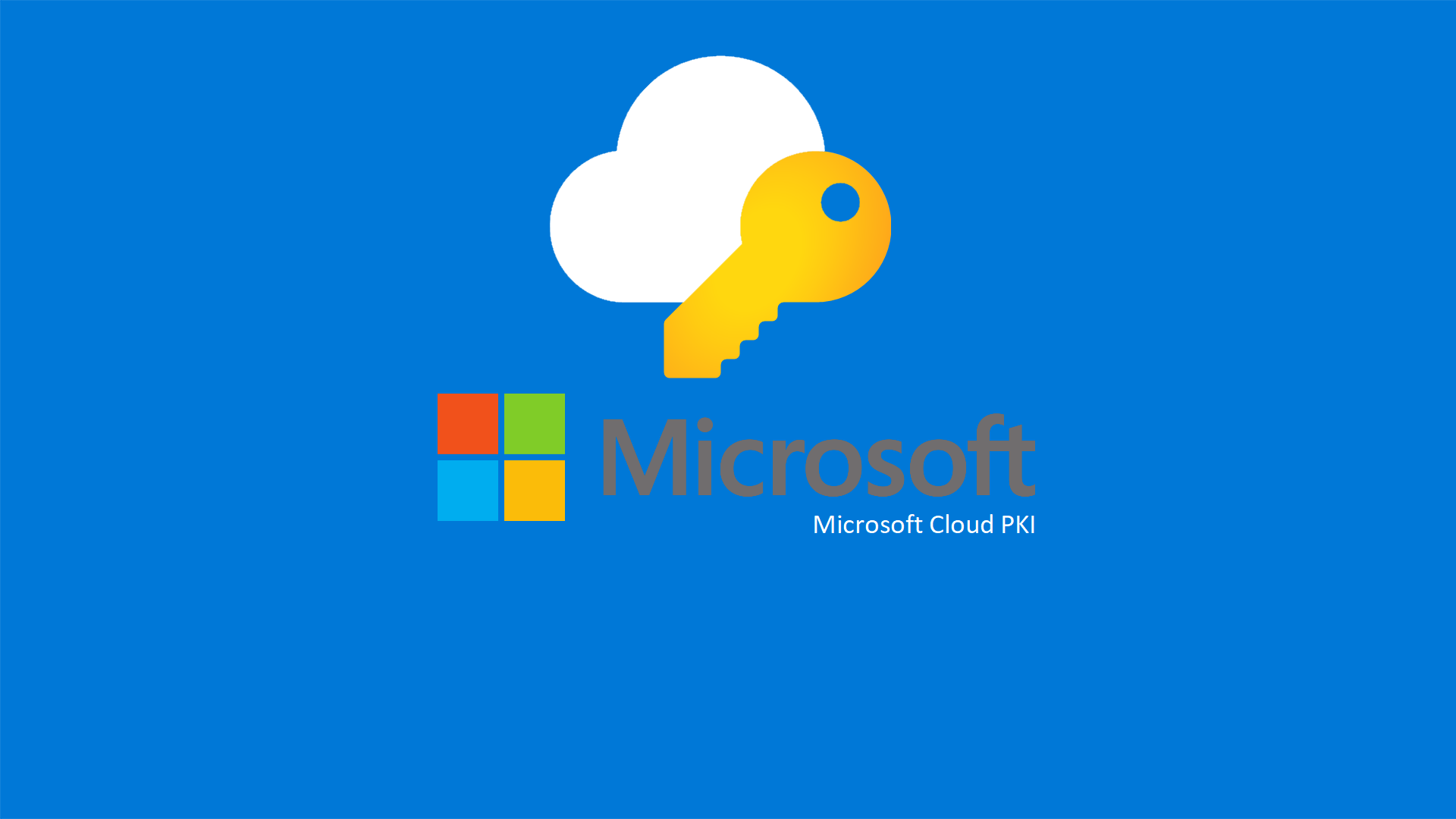Introduction
Public Key Infrastructure (PKI) is essential for securing digital communications, ensuring authentication, and protecting sensitive data. Microsoft PKI is a widely used solution that enables organizations to establish a trusted environment for managing digital certificates and cryptographic keys. This article explores the components, benefits, and best practices of Microsoft PKI.
What is Microsoft PKI?
Microsoft PKI is a certificate-based security framework integrated into Windows Server, providing organizations with the tools to deploy and manage Active Directory Certificate Services (AD CS) for enterprise security. It helps establish a secure identity and authentication mechanism through digital certificates.
Key Components of Microsoft PKI
- Active Directory Certificate Services (AD CS) – Manages certificate issuance, revocation, and authentication.
- Certificate Authority (CA) – Issues, validates, and revokes digital certificates.
- Enterprise and Standalone CA – Enterprise CA integrates with Active Directory for automated management, while Standalone CA operates independently.
- Certificate Templates – Predefined configurations for different certificate types and use cases.
- Online Responder (OCSP) – Provides real-time certificate status verification.
- Certificate Revocation List (CRL) – Maintains a list of invalidated certificates to prevent misuse.
- Network Device Enrollment Service (NDES) – Automates certificate enrollment for network devices and non-Windows clients.
Benefits of Microsoft PKI
- Enhanced Security: Protects sensitive communications, encrypts data, and ensures secure authentication.
- Seamless Integration: Works natively with Active Directory for streamlined identity management.
- Regulatory Compliance: Meets security standards such as NIST, HIPAA, GDPR, and PCI DSS.
- Centralized Management: Simplifies certificate issuance, renewal, and revocation across an organization.
- Scalability: Supports growing IT infrastructures, cloud services, and IoT devices.
Implementing Microsoft PKI
To successfully deploy Microsoft PKI, organizations should:
- Define Security Policies – Establish guidelines for certificate issuance, expiration, and revocation.
- Plan a CA Hierarchy – Choose a single-tier or multi-tier CA model based on security needs.
- Deploy and Configure AD CS – Install and configure Enterprise CA or Standalone CA as required.
- Automate Certificate Enrollment – Use Group Policy and Auto-Enrollment for efficient certificate distribution.
- Secure CA Infrastructure – Protect CA servers using Hardware Security Modules (HSMs) and restricted access controls.
- Monitor and Audit Certificates – Use tools like PKIView and event logs to track certificate status and compliance.
- Implement Certificate Lifecycle Management – Regularly renew, revoke, and replace certificates as needed.
Best Practices for Microsoft PKI
- Use Strong Encryption Algorithms: Implement RSA-4096, SHA-256, or ECC for enhanced security.
- Enable Multi-Factor Authentication (MFA): Strengthen identity verification with additional security layers.
- Regularly Update Certificate Policies: Adapt policies to address new security threats and compliance changes.
- Perform Regular Security Audits: Continuously monitor and review certificate usage.
- Secure Root CA: Keep the Root CA offline to protect it from cyber threats and unauthorized access.
Conclusion
Microsoft PKI is a powerful security framework that enables organizations to establish a trusted digital environment. By leveraging AD CS, certificate management, and security best practices, businesses can enhance authentication, encrypt sensitive data, and comply with industry standards. Implementing Microsoft PKI effectively ensures long-term cybersecurity resilience and identity protection.
